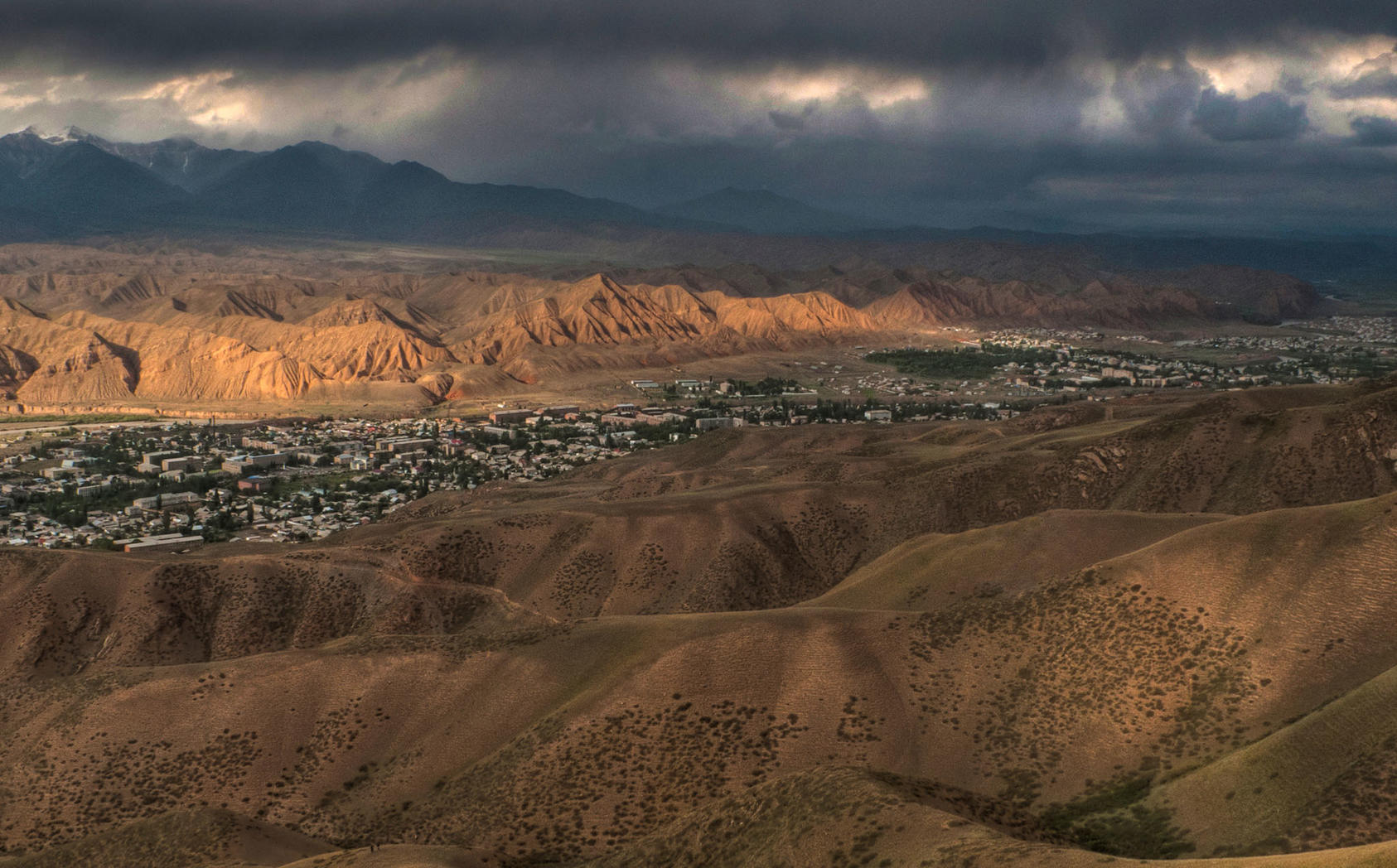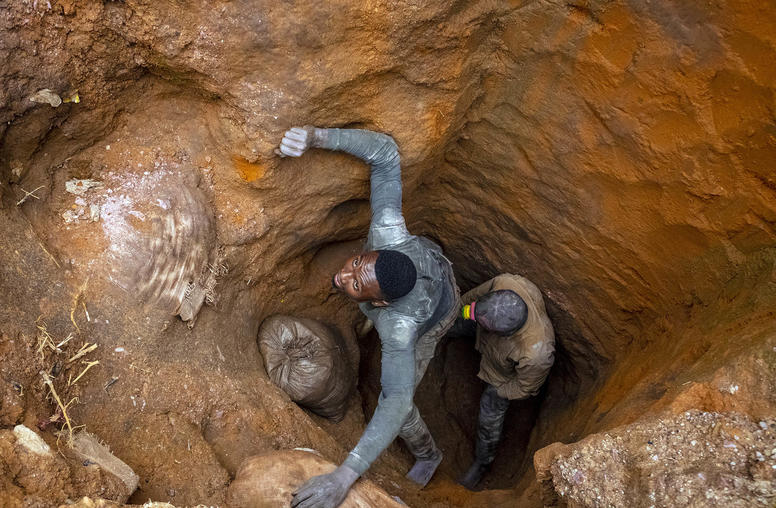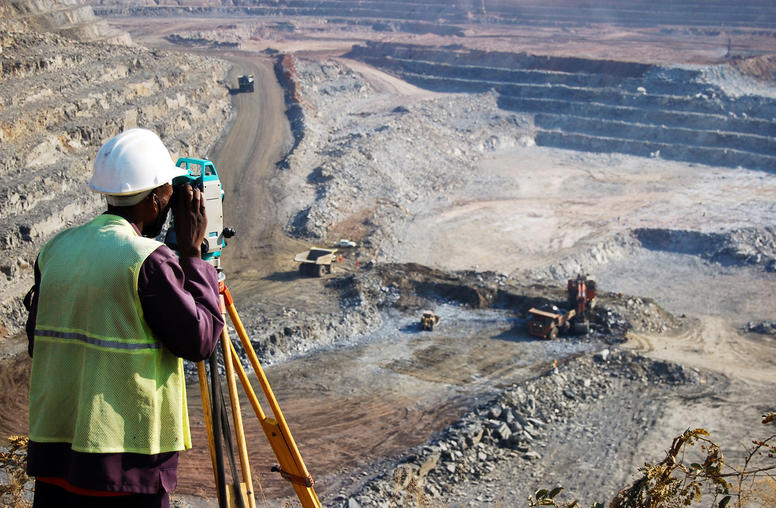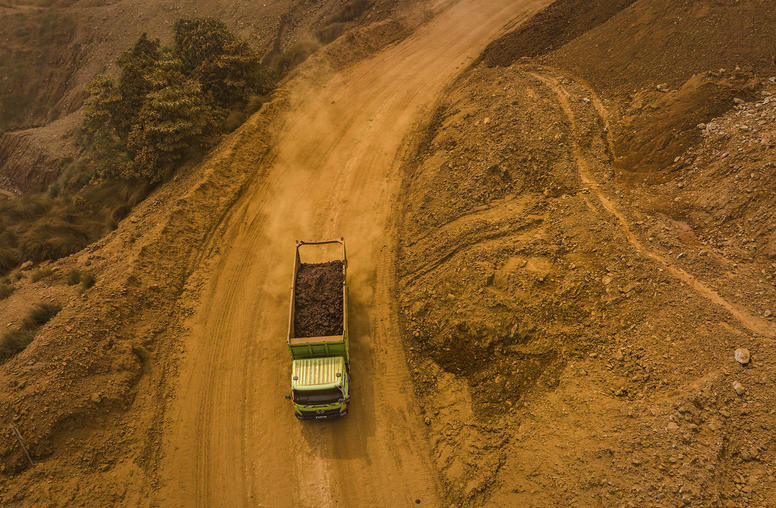Daily news headlines sometimes note, but often omit, the rise in violent conflicts linked to environmental shocks from our changing climate. People in parts of Central Asia have fought in recent years over water, and Nigerian farmers and cattle herders fight over shrinking grasslands in an episodic war that now kills more people than the violence of Boko Haram. This nexus recently led specialists on both problems—conflict resolution and climate shocks—to forge a new alliance for environmental peacebuilding. The need for such work is signaled in part by the rising violence against environmental activists, of whom 164 were killed in 2018 alone.

The new alliance, called the Environmental Peacebuilding Association, underscores that “most armed conflicts occur in developing countries where people depend substantially on natural resources for subsistence farming and livelihoods,” and that countries that have suffered such resource-related conflicts “are more likely to relapse” even after a peace accord is achieved. Researchers at Stanford University said in a study last year that climate shocks will increase the risk of some armed conflicts. “Historically, levels of armed conflict over time have been heavily influenced by shocks to, and changes in, international relations among states and in their domestic political systems,” co-author James Fearon said as the study was published. The coming decades’ foreseeable climate change will put new stress on those relations and systems, he noted.
Finding Cooperation
At the Environmental Peacebuilding Association’s first annual conference, in October, experts noted that conflicts over natural resources can escalate and evolve in many, and surprising, ways. In some cases, practitioners have been able to use environmental degradation as a shared problem with which to spark cooperation between communities in conflict. While peacemaking has stagnated for decades in the Israeli-Palestinian conflict, the environmentalists of EcoPeace Middle East have gathered Israeli, Palestinian and Jordanian local governments and residents to cooperate on steps to rehabilitate the declining water resources they share in the Jordan River, the Dead Sea and underground aquifers.
USIP’s own peacebuilding work amid conflicts fueled by natural resource problems has emphasized the power of dialogues and local partnerships. In Africa’s Sahel Region and Nigeria, the Institute has partnered with civil society groups and has trained mediators to conduct community-level dialogues that in Nigeria increasingly will be targeting the herder-farmer land disputes.
The ex-Soviet republics of Central Asia for years have faced rising conflicts over limited water supplies. To prevent local violence in Kyrgyzstan, USIP worked with a Kyrgyz partner organization to train and support local farmers, herders and officials in setting up a regional council to mediate and manage the distribution of limited water supplies among farming communities and herding communities. The project, seeded by USIP, has since been able to continue with independent funding.
This year, USIP has set a new priority on supporting research, through its grants program, that can improve policies and programs to reduce violent conflicts that are inflamed by climate shocks and competition for scarce resources.
In Colombia, a Conundrum
A recurring thread of the stories at the First International Conference on Environmental Peacebuilding, in October, was that armed conflicts and natural resource struggles intersect in myriad ways. In Colombia, one practitioner noted in conversation, solving one problem exacerbated the other. After the country’s 2016 peace accord halted a half-century of civil war, guerrilla fighters of the FARC rebel movement withdrew from their forest strongholds. Quickly, deforestation spiked as criminal gangs moved in to loot hardwoods and other resources, slashing and burning. In 2018, as implementation of the peace deal faltered and some guerrillas returned to the forests, deforestation slowed again, she noted.
Other challenges noted in the emerging field of environmental peacebuilding included these:
- The dangers of environmental activism. The nongovernmental group Global Witness reports that 164 environmental activists were killed in 2018, including 30 in the Philippines alone.
- The problem of “silos” between the two fields, including their funders. Speakers at the conference told of projects that were rejected by organizations dedicated to peacebuilding because the projects involved the environment, while environmental organizations rejected them as connected to conflict resolution. Experts stressed the need for donor organizations, such as the U.N. Environment Program and Global Environmental Facility, to make it a priority to help align environmental and peacebuilding work worldwide.
- As in every area of the peacebuilding field, environmental peacebuilding must emphasize the inclusion of women in seeking solutions. Participants noted that women and children die from climate-related disasters at a higher rate than men.
- This still-young field of work needs some new tools. One is a broad system for evaluating the impact of environmental peacebuilding projects. Another is reliable ways to predict the risk of conflicts driven by environmental changes. The speed of climate change is complicating predictions of environmental conditions, confounding traditional systems for predicting resource-related conflicts.



